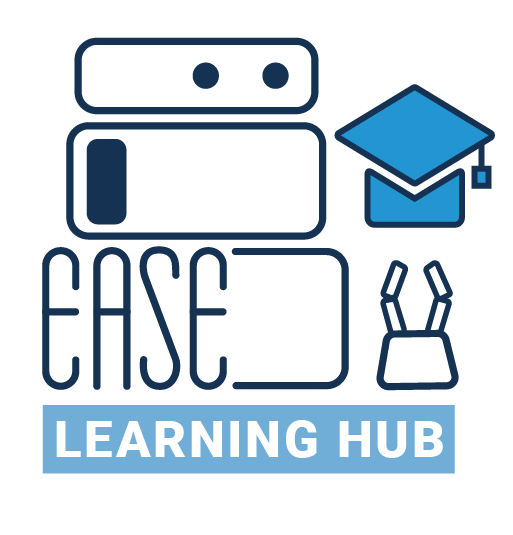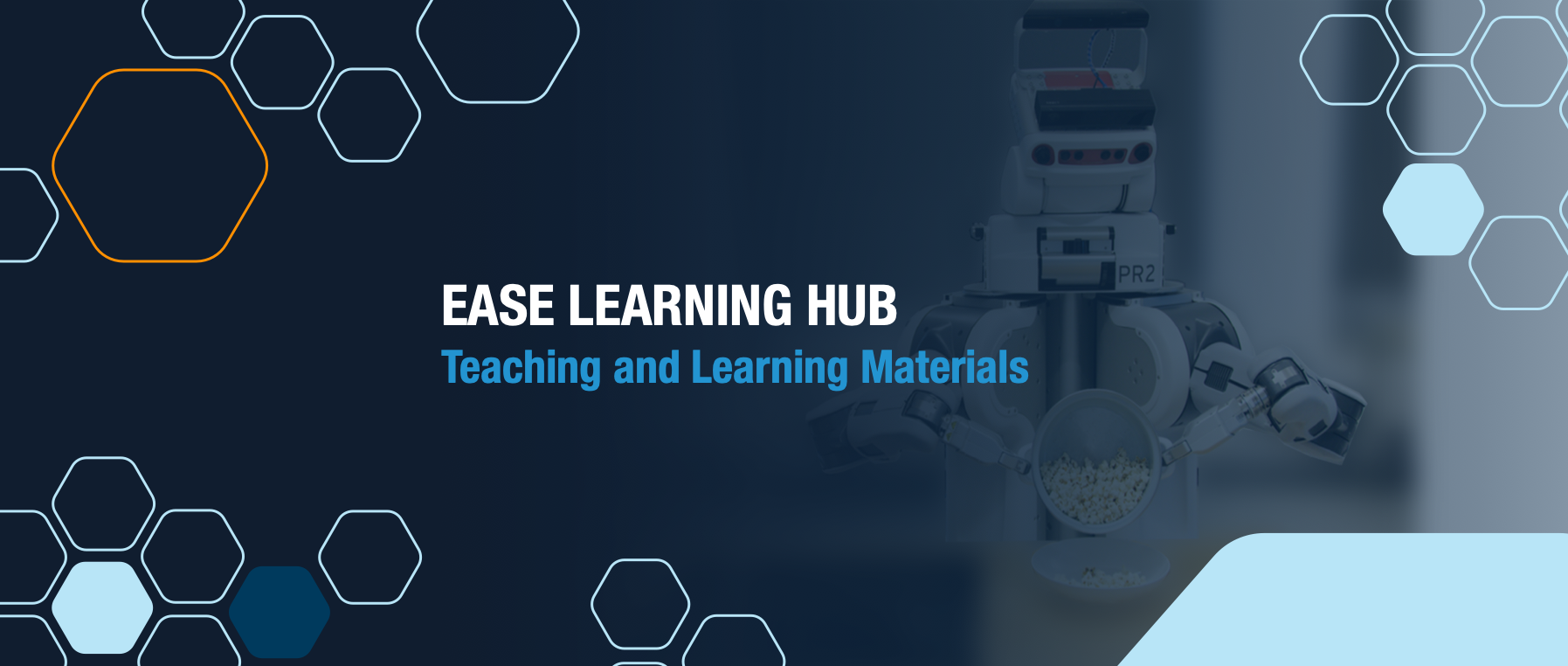Part 11: In this presentation, Michael Beetz talks about Knowledge representation & reasoning for cognition-enabled robot manipulation. He goes through all the necessary stages step by step and explains them with the help of an example based on a kitchen robot.
Part 9: In this presentation Michael Suppa shows exciting application areas where problems of robots in daily life can be recognized. The focus is on how the problems with the perception of the robots come about and how they can be solved.
Part 8: Unlike the previous parts, this presentation is about a more theoretical general problem and less about examples of robots and their functions. Pedro Lima presents how robots are benchmarked and uses a probabilistic approach as an example.
Part 6: In this presentation, Martin Butz explains a very exciting approach to creating compositional cognition in robots that draw on Sensorimotor experiences. Therefore sensorimotors are presented and explained how the experience can be used for interesting developing concepts.
Part 3: This presentation will clarify current and upcoming technologies around Cognitively-enabled robotics. In the process, Michael Beetz addresses the interesting questions "Where are we?" and "Where are we going?".
Part 2: This presentation introduces an exciting new architecture called KnowRob by Michael Beetz, which allows knowledge representation and reasoning for robot agents.
Part 7: In this presentation Maria Hedblom explains a topic that has already been touched upon in the previous parts. It is about the perception of robots of objects in a room. This time, however, it is also about being able to recognize certain events. For this purpose image schemas are used to realize this recognition.
Part 5: In this presentation, Jean Bapiste Weibel tells all about the exciting topic of "Vision for Robotics". Some questions about how a robot perceives objects or a whole room will be clarified. This is essential because otherwise it would be difficult to interact with objects or in a room.
Part 4: This presentation is about how a robot decides on its actions in everyday life. For this purpose, there are some important exciting cognetive models that David Vernon explains and compares them with each other.
Part 2: In his equally interesting follow-up lecture, Animesh Garg continues to explore compositional planning and multi-step reasoning, i.e. when a robot is supposed to do multiple tasks in a certain structure. He also examines robot perception via structured learning through instruction videos, and tackles the question of how to collect the data required for robot learning.

